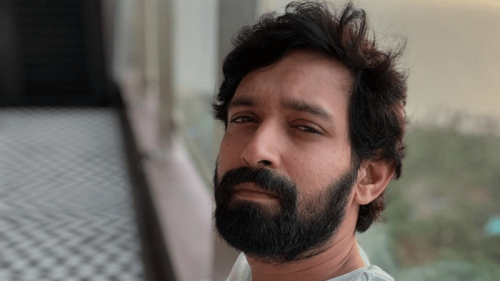ISLAMABAD: The Supreme Court on Tuesday expressed apprehensions regarding obligations under the proposed settlement agreement in Reko Diq exploration deal, which if not fulfilled may expose Pakistan to further penalty similar to the $6.5 billion award by the International Centre for Settlement of Investment Disputes (ICSID) tribunal.
However senior counsel Makhdoom Ali Khan, who is representing the Barrick Gold Corporation (BGC), tried to allay the court’s uneasiness by explaining that unless the mining exploration or entry to the exploration site was denied to the company, that too after reaching the settlement agreement, nothing may lead to international arbitration.
This emerged during the hearing of the presidential reference on the Reko Diq issue before a five-judge SC bench.
When asked by Justice Ijaz-ul-Ahsan that since the exploration site borders both Afghanistan and Iran, would any security situation arise, leading to negative effect on the deal between Pakistan and BGC, the counsel explained that possibility of arbitration may occur if complicity of Pakistan was established in such a security situation in the area or if the government somehow decides not to provide security or walks away from the deal or tried to scare away the investor after signing of the agreement.
BGC counsel says his client is not in the business of running countries bankrupt
The Reko Diq project is located 50km from Afghanistan and 40km from Iran and according to the pleadings of Pakistan before earlier ICSID tribunal, the region was one of the most unstable and dangerous areas of Pakistan.
But the counsel explained to the court that Tethyan Copper Company Private Limited (TCCP), with which Pakistan had entered into agreement earlier, had found Balochistan to be a safe place since not a single nail had gone missing from their warehouse situated in the province all during the period when the parties were before the arbitration tribunal, even though there were not ample security for the safekeeping of their equipment.
“This is very encouraging,” observed Chief Justice of Pakistan (CJP) Umar Ata Bandial, who was heading the bench.
BGC does not want to proceed with further litigation, because it is not in the business of litigation. It is in the business of building and operating world-class mines and not in the business of running countries bankrupt, the counsel emphasised. “They are not colonial minded,” CJP observed. “Hopefully,” replied the counsel.
Minimising risks
Referring to the question why the reference had been sent to the apex court, the senior counsel explained that the size, nature and length of the project compelled BGC to seek prior clarifications on the legal and financial aspects of the project in order to minimise its risks. The counsel recalled that even Antofagasta, which holds 50 per cent of the ICSID award being a joint-venture partner in the earlier deal, was not interested in the project and wanted to enforce the award.
But BGC persuaded Antofagasta not to and, instead, sell its share in TCCA to Pakistan. This is reflective of the fact that despite its many advantages the Reko Diq project was seen by many as a high-risk venture.
Makhdoom Ali Khan said BGC believes in this project and was willing to give up the award to enter into a fair deal with Pakistan and Balochistan where the interests of all stakeholders were protected.
The counsel also explained that though the ore excavated from the mining site will be shifted to the port through huge trucks for onward journey for smelting process, an underground pipeline would be laid for the transfer of the raw material to the shipping lines from the mining site.
When during the hearing the counsel referred to certain news items about the country’s debilitating economic conditions stating such information did not escape the attention of the investors, CJP observed that when the counsel suggests our points of weakness, it seems to suggest as if BGC intended to charge the price.
Therefore it would be good to show that the deal was fair and transparent and not remain focussed on the point that our economists made a mistake and the company wanted to punish us.
“The court of law does not appreciate such kind of arm twisting,” CJP observed.
But the counsel explained that such news items indeed raise their concern.
The counsel contended that BGC has always been clear and has insisted that these negotiations be conducted at arm’s length and the reasons for the decision be independently and impartially made to avoid a recurrence of any of the issues which arose last time.
BGC has, therefore, insisted that the reasons for the decision of the Balochistan government be publicly made available and be placed on the record of the court adding it has already been stated by Balochistan that this will be done.
The counsel requested the apex court to issue a direction that these written reasons be placed before it before the conclusion of these proceedings.
The counsel contended that under the definitive agreements, there was no guarantee that the Reko Diq project will be constructed, let alone operate at a profit.
But BGC’s right to enforce the award disappears, however, on the day the deal is formally closed, he said, adding that at the same time, BGC has been advised that it should be able to recover 80-85 per cent of $6.6bn award.
The process will take a few years because any and all three foreign exchange inflows into Pakistan will perforce be attached gradually. But recovery is not just feasible, it is probable.
At the same time, given the foregoing, and the recovery options available to it, BGC faces an extremely challenging task in convincing all stakeholders, the counsel argued.
Published in Dawn, November 23rd, 2022











































